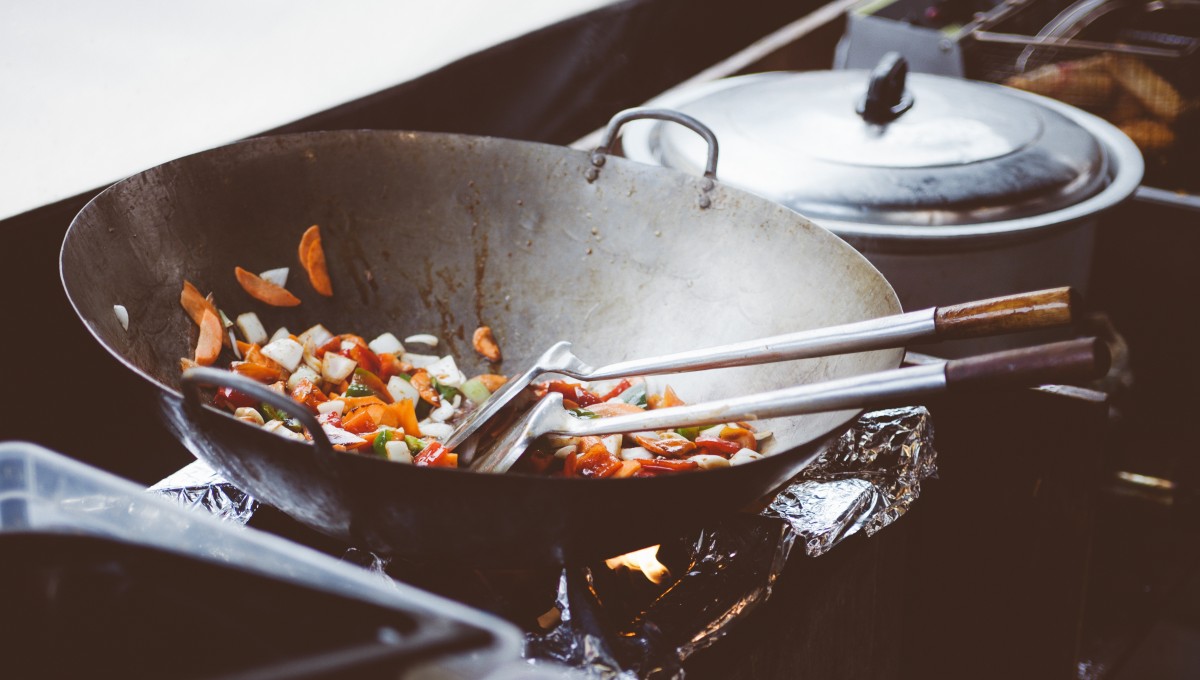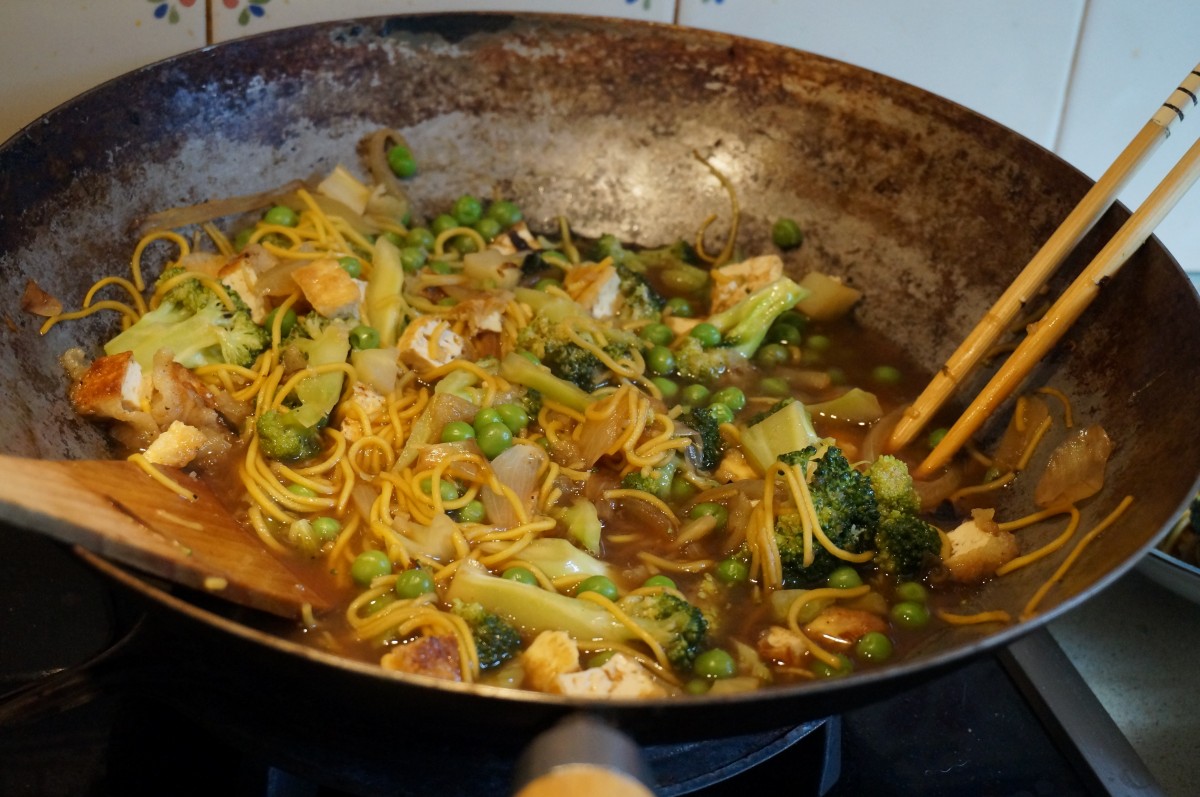Cooking with a wok is an art form that transcends geographical boundaries, making it a fascinating focal point for tourists and food enthusiasts alike. This versatile cooking vessel is not just another kitchen gadget; it’s
Cooking with a wok is an art form that transcends geographical boundaries, making it a fascinating focal point for tourists and food enthusiasts alike. This versatile cooking vessel is not just another kitchen gadget; it’s a passport to exploring diverse cuisines, offering a unique blend of flavours, techniques, and health benefits. This article delves into the world of wok cooking, shedding light on its benefits and why it’s a must-try experience for anyone passionate about food and travel.
The Wok: A Culinary Staple Across Cultures
A Brief History
Originating from China, the wok has become a global kitchen staple, celebrated for its efficiency and versatility in cooking. Its unique shape and design allow for quick, high-heat cooking, which is essential in many Asian cuisines. The wok’s ability to sear, steam, boil, and fry makes it a quintessential tool for creating an array of dishes, from stir-fries to soups.
Versatility in Cooking
One of the wok’s most prized attributes is its versatility. Whether you’re stir-frying vegetables, deep-frying crispy delights, or steaming dumplings, the wok handles it all with ease. Its high walls and even heat distribution make it ideal for cooking meals quickly, ensuring ingredients are cooked uniformly while retaining their nutritional value and flavour.
Health Benefits of Wok Cooking

Nutrient Preservation
The rapid cooking process in a wok helps in preserving the vitamins and minerals in vegetables and meats. Unlike prolonged cooking methods that can diminish nutritional content, wok cooking locks in nutrients, ensuring you get the most health benefits from your meals.
Reduced Oil Consumption
Wok cooking often requires less oil than traditional frying pans, thanks to its high-heat, fast-cooking technique. This not only results in healthier dishes but also enhances the natural flavours of the ingredients, making it a preferred cooking method for those mindful of their dietary intake.
Wok Cooking: A Tourist Attraction
Culinary Classes and Tours
For tourists, participating in a wok cooking class offers an immersive experience into the local culture and cuisine. It’s an opportunity to learn about the intricacies of Asian cooking, from selecting the right ingredients to mastering the perfect stir-fry technique. Many destinations across Asia and beyond offer cooking classes that highlight the use of the wok, making it a popular activity for those looking to deepen their culinary knowledge and skills.
Exploring Street Food Markets
Street food markets are treasure troves of authentic local cuisine, where the wok is often the star of the show. For foodies, these markets offer a firsthand look at the wok in action, showcasing its role in creating some of the most iconic and delicious street food dishes. Exploring these markets allows tourists to connect with the local food scene, tasting and learning about traditional dishes that define a region’s culinary identity.
Incorporating Wok Cooking into Restaurant Menus
Innovative Menu Offerings
Restaurants looking to stand out can incorporate wok cooking into their menu, offering guests a taste of authentic, freshly prepared dishes. The theatrical element of wok cooking, with its high flames and swift movements, adds an engaging visual component to the dining experience, making it not just about the food but also about the show.
Highlighting Local and Sustainable Ingredients
Utilizing a wok emphasizes the importance of fresh, local ingredients, as the cooking method is designed to enhance natural flavours. Restaurants can leverage this by sourcing ingredients locally, supporting sustainable practices, and offering seasonal dishes that reflect the region’s culinary heritage.
Savouring the Flavours: A Conclusion to Wok Cooking
In the world of tourism and dining, wok cooking offers more than just a method of preparing food; it represents a cultural journey, a pathway to healthier eating, and an opportunity for culinary innovation. As we explore the globe, seeking new experiences and flavours, the wok stands as a testament to the universality of good food and the shared joy of cooking. It invites us to experiment, to taste, and to celebrate the diversity of the world’s cuisines, one stir-fry at a time.
In essence, the wok is not merely a cooking implement but a symbol of culinary exploration and connection. It beckons food lovers and travellers alike to delve into the art of cooking, encouraging us to discover the rich tapestry of flavours that our world has to offer. So, whether you’re a seasoned chef or a curious tourist, let the wok be your guide to culinary adventures that await.

